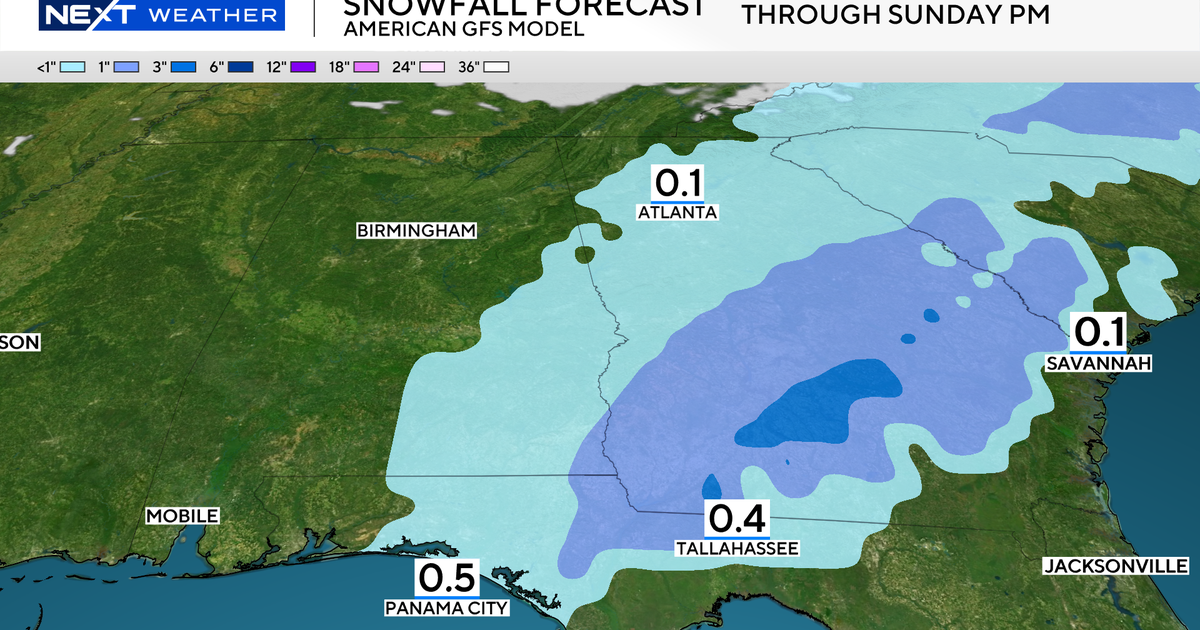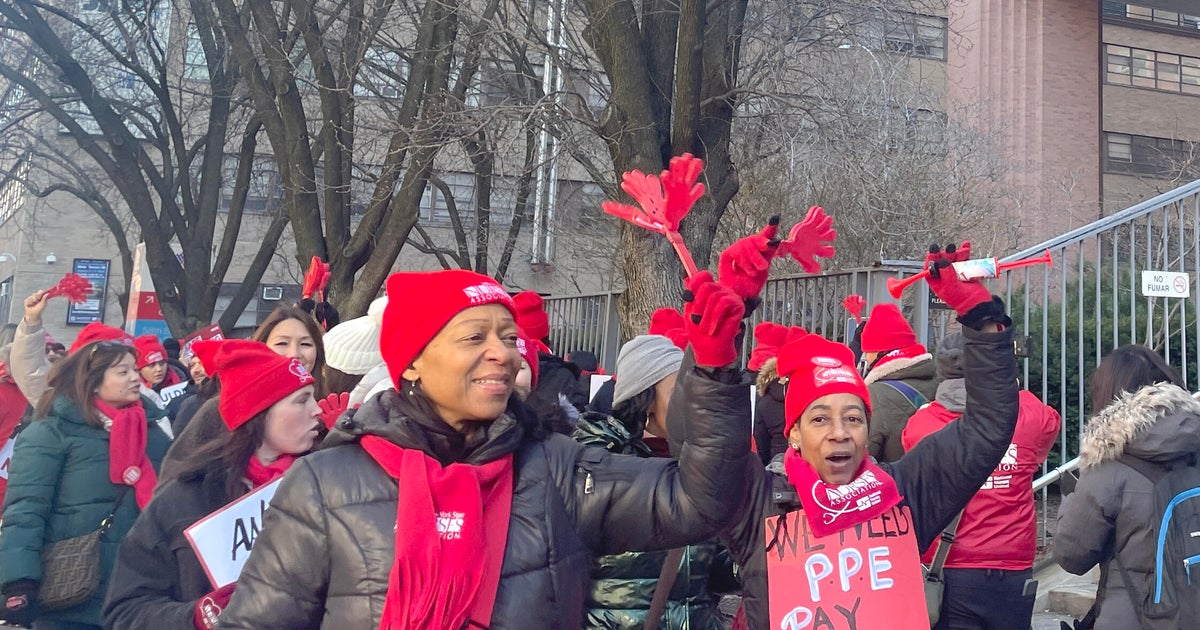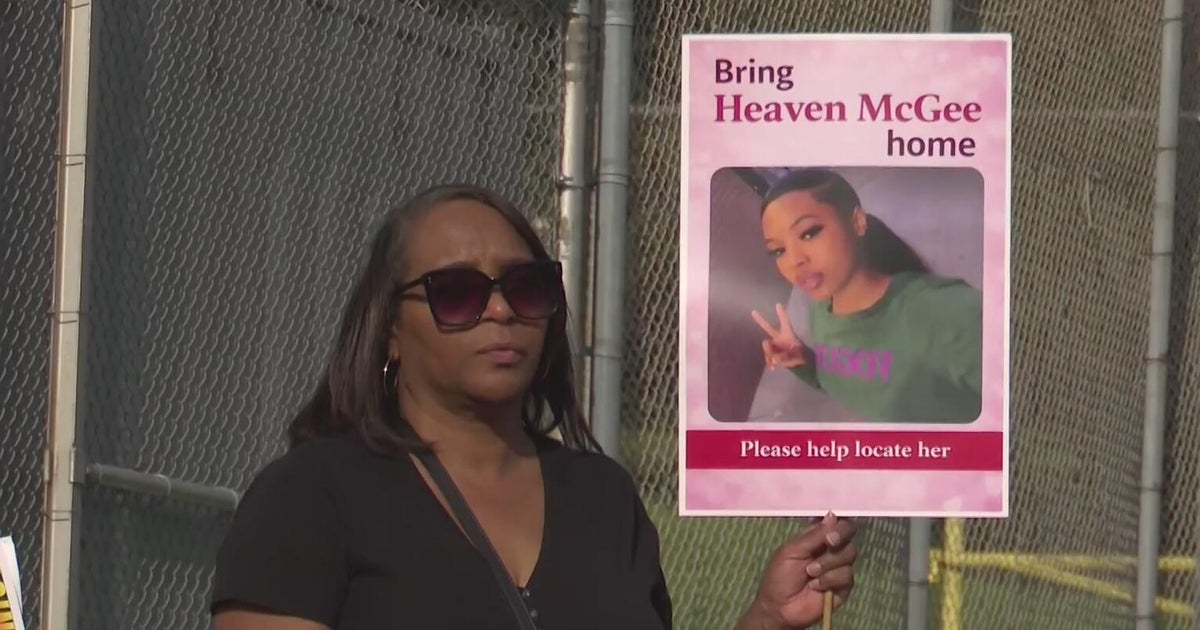East Coast port strike: Here's how South Florida is impacted
FORT LAUDERDALE - Dockworkers at ports on the East and Gulf coasts — including at PortMiami and Port Everglades — are on strike as they demand higher wages and job protections.
At PortMiami, about 40 workers showed up at midnight Tuesday, when the International Longshoremen's Association members' current contract expired, to voice their complaints. More were expected to join throughout the day Tuesday. At Port Everglades, approximately 800 longshoremen were expected.
The walkout is the first East Coast dock strike since 1977. It won't completely shut down cargo shipments because some dock workers are not union members. Port Everglades said a strike would impact 41% of containerized cargo.
Gasoline shipments at PortEverglades, and South Florida's huge cruise industry, are not affected.
But a one-week strike could cost the U.S. economy nearly $3.8 billion and increase the cost of consumer goods, according to the Conference Board.
"Shipments diverted to the West Coast and then placed on freight networks to ship east could add at least a week of transit time and additional costs," Wedbush Securities analysts said in a note to investors. "We see potential for ripple effects even for those with limited exposure to shipments originally bound for the East Coast and Gulf Coast as West Coast ports likely lack the capacity to fully absorb disrupted volume."
Some economists say a prolonged strike could lead to retail shortages.
"We're talking about it could be something as simple as bananas out of Central America. Alcohol," Craig Austin, an associate Professor at Florida International University specializing in logistics and supply chain issues, said. "It could be automobiles, car parts."
At PortMiami, the biggest commodities going in and out of the port are fruits and vegetables, apparel and machinery.
Retailers are stockpiling products that could be disrupted by the port shutdowns.
"Goods for the holiday season typically ship between August and October," Wedbush said. "With that said, we believe that most holiday-heavy retailers adjusted their schedules in anticipation of a labor disruption — limiting some near-term downside risk in our view."
It's concerning to shoppers.
"Prices are already terribly high," shopper Sandy Barrett said. "A lot of people can't afford just to go to the grocery store. I've seen prices go up."
Johnnie Dixon, president of the local chapter in Fort Lauderdale, said before the strike: "Our members top out at $39 (per hour). We are looking for a 77%, close to 77% increase over the next seven years. When you look at the cost of inflation that's more than reasonable."








